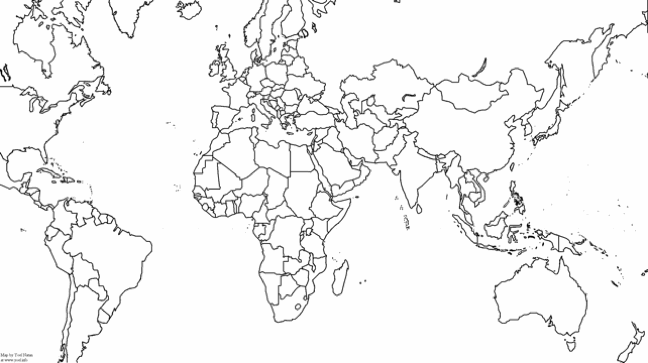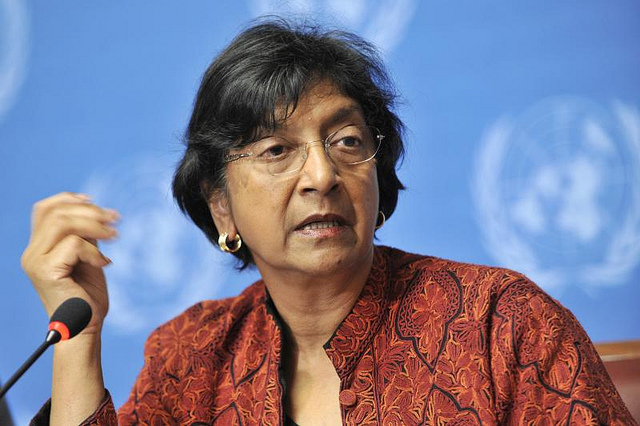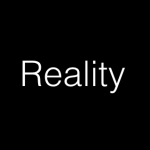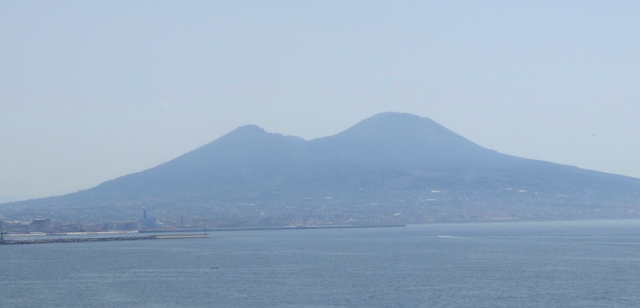
Imagined foreignness

In our modern world, it is often the nation-state that acts as the locus from which conceptions of foreignness arise. It is to one (or more) of the 190-plus countries into which the globe has been carved up that we claim allegiance and tie our identities. Our passports, legal documents that represent our affiliation with a certain political establishment, act as reifications of our sense of belonging. We interpret the question “Where are you from?” as “Which country are you from?”, and we respond accordingly. And then, just as we use the country to which we belong as a means of identifying with people of the same nationality, we also sometimes use it as a means of excluding others: “foreign” comes to mean specifically “of a different country” rather than merely “unfamiliar.”
While there is nothing inherently wrong with the nation-state or our identification with it, we must also continually bear in mind that the nation-state has little ontological stability. That is, although we can look at a world map and say where the geographical boundaries of a country begin and end, definitions of nationhood that go beyond simple geopolitical demarcation are in constant flux. The nation has no definite reality.
It is useful to consider in this connection the theories of Benedict Anderson. Anderson is the author of the famed 1983 book Imagined Communities, a seminal text on the theory of nationhood and one that remains deeply influential in academic thought. In his work, Anderson provocatively defines that nation as “an imagined political community—and imagined as both inherently limited and sovereign.” Because people in a modern nation can never all meet one another, the nation must be produced not just politically but also imaginatively; in fact, to Anderson, “all communities larger than primordial villages of face-to-face contact (and perhaps even these) are imagined.” The sense of commonality and belonging among millions of people in a given territory who have never met each other, and by extension, the exclusion of other millions who live outside of that nation, are social constructs. This is not to say, of course, that nations are imaginary—that they have no reality or are entirely mythical, for there are of course common elements that bind nations together—but it is to say that the nation is nothing more than a human construct, and what’s more, a modern human construct. Anderson emphasizes that the rise of the nation-state coincides with the erosion of the conception of nationhood as a divine creation and points particularly to the necessary role of the printed word in constructing the modern nation. Thus, according to Anderson, the nation is imagined, limited, and sovereign; it is the creation of human thought, it is demarcated with finite boundaries, and it is considered free. And all this is possible through the agency of “modernity.”
This is not to condemn nationhood or to say that it is some evil force in the world, for of course, it is not. But it is to say that the concept of nationhood is fraught, and we therefore cannot cling to it so uncompromisingly as to make it a source of the psychological exclusion of others. Even a cursory review of history shows us that nation’s borders, which act as the physical boundaries of the imagined nation, are arbitrary and do not reflect actual gradations or differences in language, culture, or ethnicity; oftentimes, as in the case of many Middle Eastern and African nations, borders were drawn out by a colonialist power rather than rising organically.
If nationhood is thus the product of human imagination, we can always then re-imagine the nation to expand or to redefine its scope, thereby making psychological space for those whom we had previously considered ‘foreign.’ We can use those same instruments that produced the nation—for example, the print media, or now, online media—to produce a global consciousness. Perhaps we can even say that this has already occurred to a large extent, and that we are on our way to the imagination of a global nation, one whose sense of its own finitude comes not from other peoples but from other planets.
Reflecting thus on the ontology of the nation-state reminds us of the deep problems associated with attitudes of foreignness that arise from conceptions of my-country-your-country; the problems are not merely moral, spiritual, or emotional, but also intellectual. Certainly there is no problem with feeling a sense of allegiance to a nation-state, but when we use that sense of allegiance to exclude rather than to include, we run up against the inherent emptiness and meaninglessness of nation-based prejudice.








